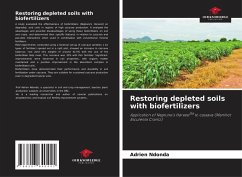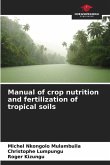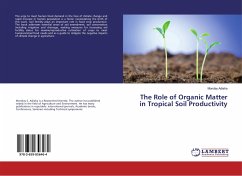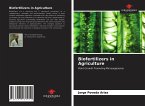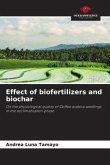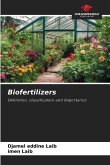A study evaluated the effectiveness of biofertilizers (Neptune's Harvest) on degraded, acid soils in regions of high cassava production. It analyzed the advantages and possible disadvantages of using these biofertilizers on soil and crops, and determined their specific features in relation to cassava and possible interactions when used in combination with conventional mineral fertilizers.Field experiments conducted using a factorial set-up (3 cassava varieties x 10 types of fertilizer) spread out in a split plot, showed an increase in cassava tuberous root yield (dry weight) of around 42.5% with the use of the biofertilizer Kelp meal. This increase was 32% with Fish fertilizer. Significant improvements were observed in soil properties, with organic matter maintained and a positive improvement in the absorbent complex in biofertilized soils.Biofertilizers have demonstrated their performance and durability in soil fertilization under cassava. They are suitable for sustained cassavaproduction even in degraded tropical soils.
Bitte wählen Sie Ihr Anliegen aus.
Rechnungen
Retourenschein anfordern
Bestellstatus
Storno

